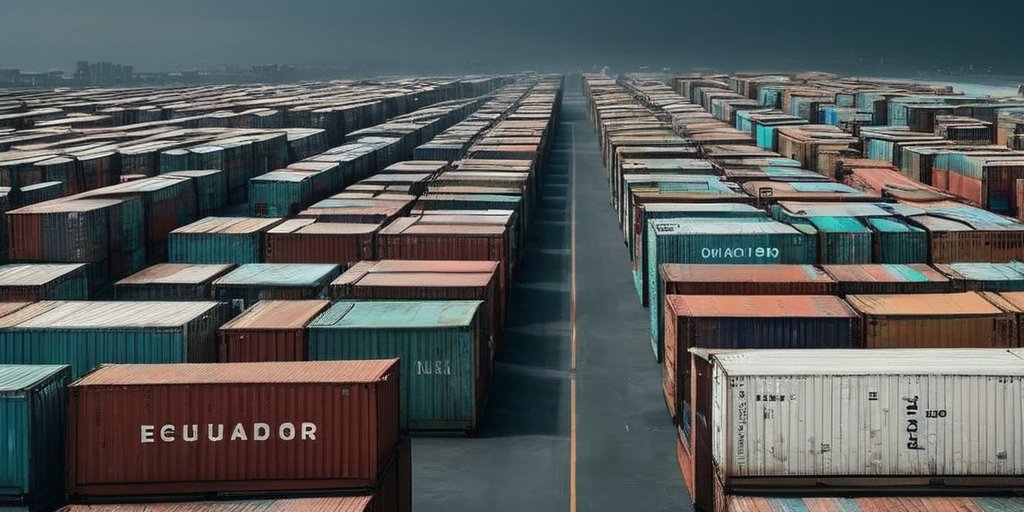Ecuador is currently grappling with a significant surge in violence, primarily driven by criminal gangs vying for control over lucrative drug trafficking routes. In a recent interview with the BBC, President Daniel Noboa expressed the urgent need for international military assistance in combating these organized criminal groups, seeking the involvement of US, European, and Brazilian armed forces in a concerted effort against this escalating crisis.
A key component of Noboa’s strategy is his appeal to US President Donald Trump, urging him to officially designate Ecuador’s gangs as terrorist organizations— a designation that has previously been extended to certain Latin American cartels. Noboa argues that many Ecuadorean gangs, such as Los Lobos, Los Choneros, and Los Tiguerones, have transformed from local criminal enterprises into large-scale ‘narco-terrorist’ organizations, operating with around 14,000 armed members.
The push for this designation aligns with Trump’s previous actions towards other transnational criminal groups, thereby granting enhanced law enforcement capabilities to combat them. Noboa argues that such a move is essential as Ecuador struggles with staggering statistics, like the murder rate, which significantly dropped—16% from 2023 to 2024—yet remains considerably high relative to prior years. Notably, January 2025 alone recorded a shocking 781 killings.
Noboa’s government has ramped up militarized responses and public security efforts during his 16 months in office, emphasized through multiple aggressive crackdowns on gang activity. Despite some success indicated by reduced murder rates, critics have described these tactics as overly harsh and potentially abusive.
Highlighting the international dimension of the issue, Noboa pointed out that approximately 70% of the world’s cocaine is trafficked through Ecuador. Thus, he claims, directly involving foreign military help is crucial. Notably, he also mentioned his controversial partnership with Erik Prince, a former associate of Trump and founder of the private military firm Blackwater, claiming Prince’s vast experience could assist Ecuador’s security forces.
The President emphasized that all military operations would respect Ecuador’s laws, aiming to ensure the legal conduct of warfare while recognizing the gangs’ pattern of extreme human rights violations—including murders, sexual assaults, and trafficking in human organs.
In a humanitarian counterpoint, critics of Noboa’s approach have raised concerns about the potential consequences of such military collaborations on human rights and governance in Ecuador. Amid this turmoil, it remains imperative for the Ecuadorean government to persuade foreign partners that a transnational security policy is necessary for effectively tackling this cross-border issue fueled by drug demand in countries like the United States and the UK.
As Ecuador approaches its presidential election runoff on April 13, national security and the president’s handling of violence remain pivotal topics for voters, further complicating the broader landscape of drug trafficking and international cooperation.
